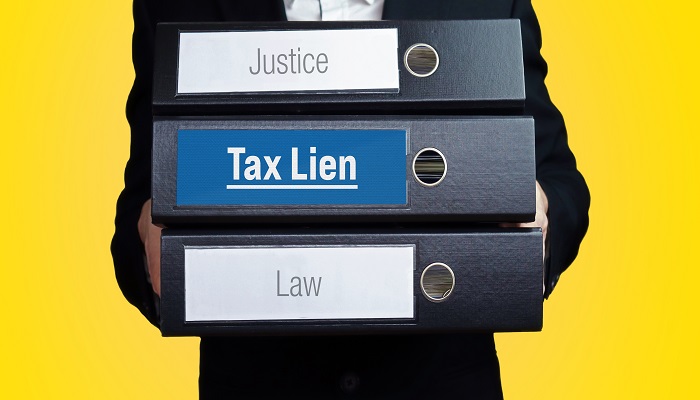
The IRS can take serious actions to collect unpaid taxes. Unpaid taxes, if left unresolved, can invite some serious financial consequences. The IRS can impose a tax lien, levy, or garnish your wages to recover the debt you owe the government if you fail to respond after receiving the notice. In this blog post we will discuss the IRS tax levies and liens and how to handle them properly. Read on.
Identifying Tax Debt Issue
Before the IRS takes any action against a taxpayer for unpaid taxes, it must serve them with a notice of action. Some of the common notices include:
- Notice of Federal Tax Lien
- Notice of Intent to Levy
- Final Notice- Notice of Intent to Levy and Notice of Your Right to a Hearing.
Once you receive a notice, it is recommended to seek tax lien assistance from an experienced tax attorney without any delay. You must also list all the reasons for any disagreement with the collection action from the IRS. You need to file the request timely for due process. Failing to do that can result in loss of your right to appeal to a federal court.
Related Blog Post: The IRS has Imposed a Tax Lien on my Property: What Should I do?
Consequences of Failing to Settle Your Tax Debt
If you fail to work out a plan to pay your back taxes, the IRS will take strict action to enforce collection. The exact action that is taken depends on the amount of taxes owed plus interest. The IRS can file a tax lien or levy, which may result in seizure of some or all of your property and assets, or opt for wage garnishment. One of the biggest problems with a tax lien or tax levy is that they make it difficult to purchase, sell, or refinance a property. Additionally, unpaid tax debts make it very difficult to get approval on loan applications, credit cards, and any other line of credit as they reflect on your credit report.
Challenging A Tax Lien
The most straightforward way to get a tax lien removed is to pay the tax debt but this only works when you accept that the debt is valid. If you don’t agree to the debt, you can apply for a Discharge of Lien, Subordination of Lien, or Withdrawal of Lien. Your tax attorney will help you file and appeal against the tax lien to boost your chances of getting a favorable outcome.
Related Blog Post: A Brief Guide on How to Stop an IRS Levy
Removing an IRS Tax Levy
If you are being levied by the IRS, you can still get the levy removed by being in compliance. For that, you need to file all past and current tax returns and request a payment plan such as a regular or partial payment plan. You can also enter into Currently Not Collectible status. Your attorney can help you establish your eligibility for the best path to attain the removal of an IRS tax levy.
Wrap Up
Owing back taxes can be damaging to your personal as well as business finances. It is recommended that you immediately seek tax lien assistance from an experienced tax attorney as soon as you receive a notice. If you or someone you know is looking for a tax lien attorney in or around Texas, contact the Law Offices of Nick Nemeth. We have a team of experienced attorneys with a proven track record of successfully helping clients with their tax problems. Simply call (972) 426-2553 or fill out our contact form, and we will take care of the rest.


